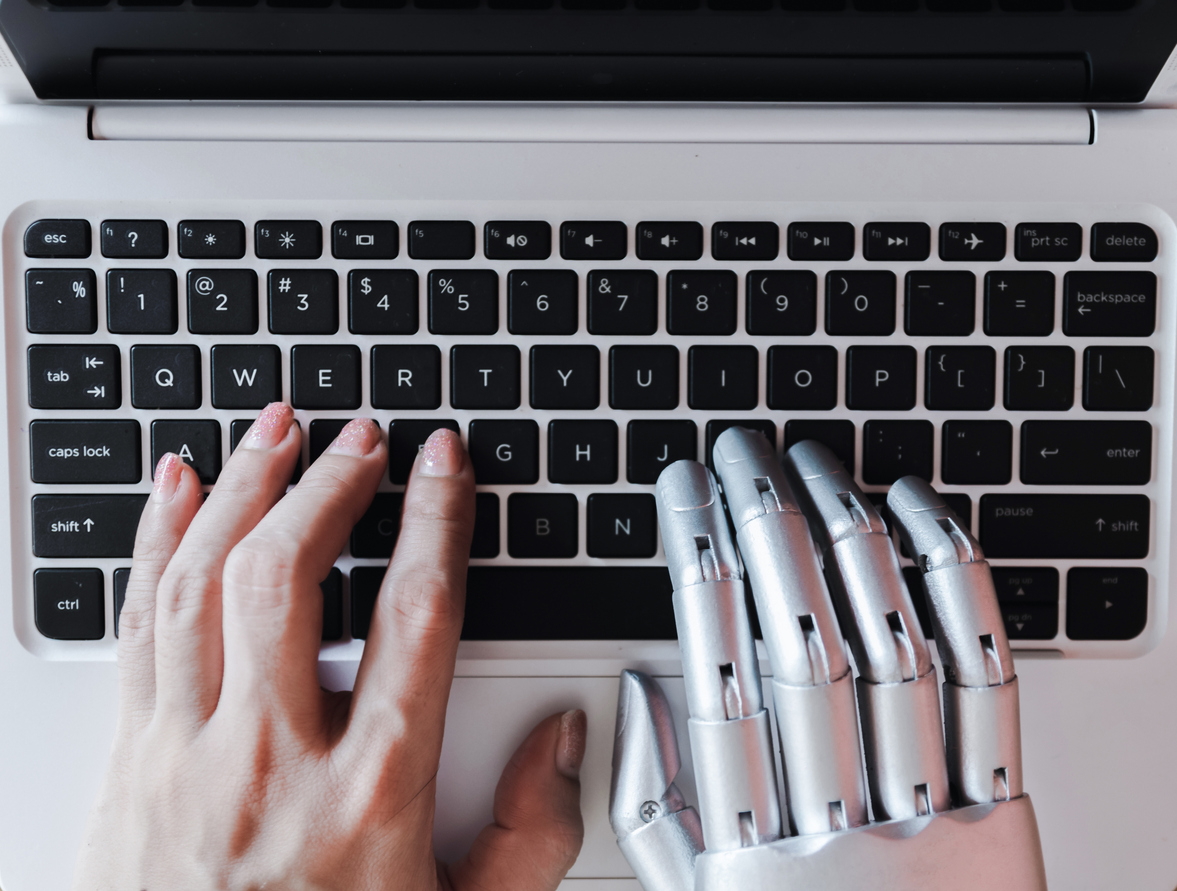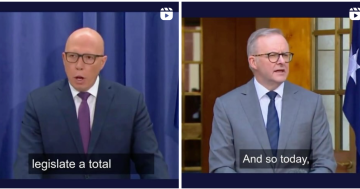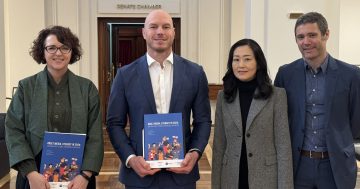
A Senate committee is investigating how artificial intelligence affects Australia’s workforce and elections. Photo: File.
Artificial intelligence is already negatively impacting jobs and even elections in Australia, a parliamentary committee examining the effects of technology has been told.
The Senate Select Committee on Adopting Artificial Intelligence (AI) has held hearings in Canberra and Sydney this week, with evidence from groups as diverse as unions and election officials.
The ACTU, the Shop, Distributive and Allied Employees’ Association (SDA), the Transport Workers’ Union (TWU) and the National Tertiary Education Union (NTEU) appeared on Tuesday (21 May) and spoke to the breadth of the impact of AI on workers.
Jointly, the unions called for a worker-centred approach to adopting and regulating AI across the economy.
The unionists noted that AI was already present in every industry – from retail to transport to education – and will continue to impact workplaces and individuals “already at risk of having their creative outputs stolen by companies and being subjected to unreasonable surveillance”.
ACTU assistant secretary Joseph Mitchell said no government decisions on adopting and regulating AI technology should be made without first consulting workforce representatives.
“Workers must be at the centre of decision-making on the future of AI and how it is regulated,” he said.
“AI is present in nearly every industry and we need to tackle this problem head-on. We risk a future where the rights fought for over generations by working people are undermined by the adoption of new technologies.
“The risks are clear. Workers are being subjected to unreasonable unblinking surveillance, being hired and fired by algorithm, having their creative output stolen by companies, and being discriminated against by bosses’ bots.
“We need to ensure that these risks are eliminated while encouraging the development of technology that uplifts working people and any productivity benefits from its adoption be shared with working people that enable it.
“There should be no decision about us without us.”
Meanwhile, Australian Electoral Commissioner Tom Rogers told the hearing that his agency could do little to stop voters being targeted with AI-created deepfake videos and phone calls pretending to be politicians during elections.
“It is absolutely happening at an accelerated rate, particularly as our understanding of this technology increases,” Mr Rogers said.
The commissioner said political deepfakes are not prohibited under electoral laws.
All the AEC can do is act on misinformation being spread about the electoral processes in Australia, but it can’t do much about political content.
“If those messages were … duly authorised, they do not fall afoul of the electoral act currently,” he said.
He said while AI-generated deepfake messaging was having a big impact on elections around the world, it was also a growing problem for Australia.
“Countries as diverse as Pakistan, the United States, Indonesia and India have all demonstrated significant and widespread examples of deceptive AI content,” Mr Rogers said.
“The AEC does not possess the legislative tools or internal technical capabilities to deter, detect, or adequately deal with false AI-generated content concerning the election process.
“What we’re concerned about is AI that misleads citizens about the act of voting.”
The commissioner said the AEC was monitoring the progress and effectiveness of newly introduced legislation in South Korea banning AI deepfakes during election campaigns.
But he noted that trying for similar legislation in Australia was a matter for the Federal Parliament.
The select committee was established in March to “inquire into and report on the opportunities and impacts for Australia arising out of the uptake of AI technologies in Australia”.
These considerations include recent trends in the development and adoption of AI technologies in Australia and overseas, particularly regarding generative AI.
The committee is exploring the risks and harms arising from adopting AI technologies, including bias, discrimination and error.
Emerging international approaches to mitigating AI risks; opportunities to adopt AI in ways that benefit citizens, the environment and/or economic growth – such as in health and climate management; and opportunities to foster a responsible AI industry in Australia are all part of the inquiry.
The committee will present its final report on or before 19 September this year.





















